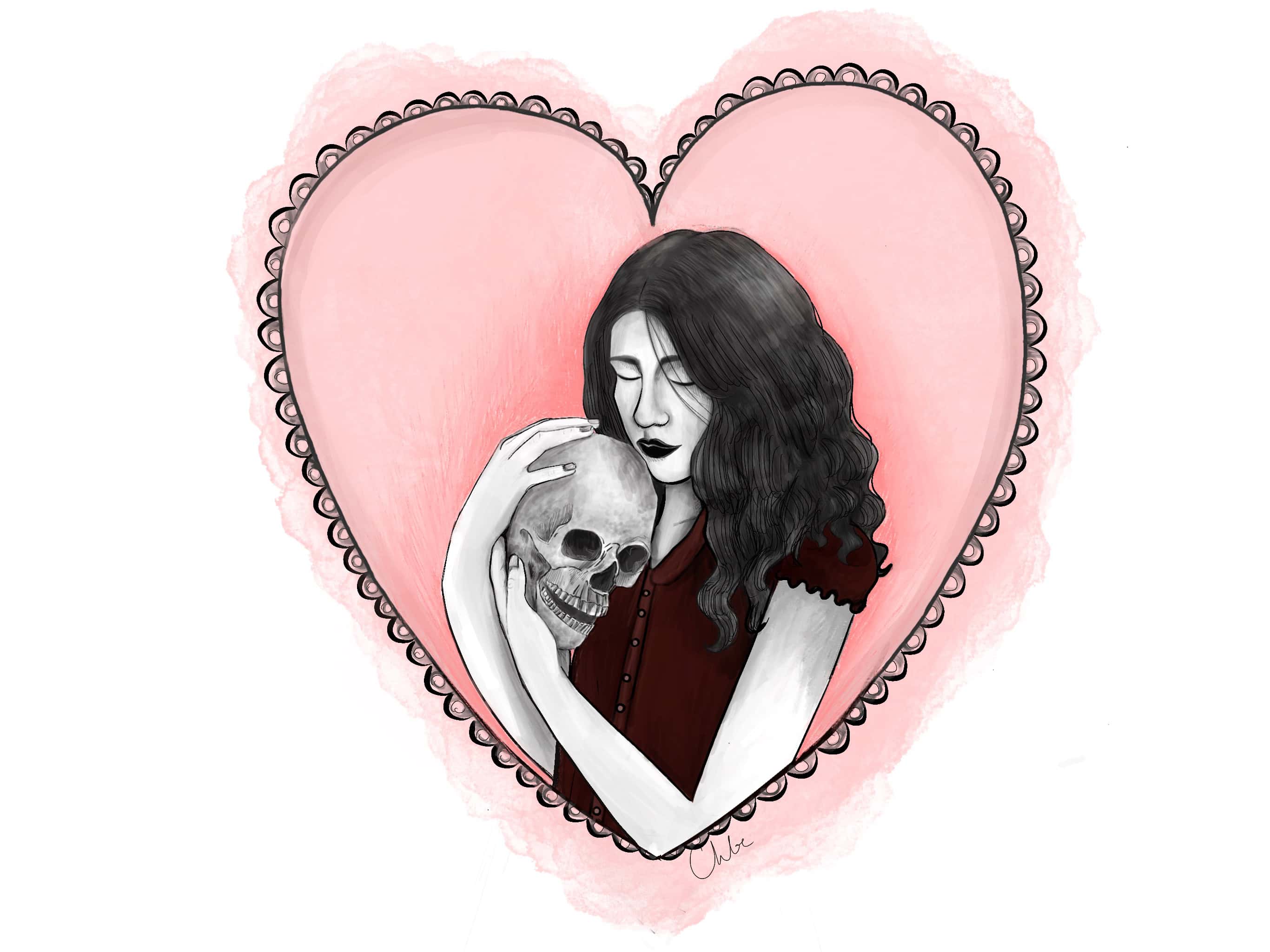Although many people think the COVID-19 lockdowns have globally become something akin to ancient history, there is still much to discuss regarding the adverse effects that the pandemic had on the youth who lived through it. One of these effects is a yearning for connection beyond just friends and family, as surviving the pandemic required us to become hermits, kept away, and at a distance from everyone — especially those we loved. Naturally, we looked for something more — like parasocial relationships.
We’ve heard it all before. Apps like TikTok, YouTube, and Instagram provide a place for anyone with a phone and a dream to talk to any celebrity or influencer of their choosing. Since we lived to talk to our friends online, those authentic friendships began to blend with the completely arbitrary emotions we felt toward celebrities. This carved a dark tunnel for growing attachment between celebrities and their fans. For example, a 16-year-old me had a parasocial relationship with actor Josh O’Connor when I watched Season 3 of The Crown as I rotted on my bedroom floor.
Bed rotting became something like a daily ritual. Of course, this was a response to the pandemic’s unrelenting mass catastrophe, isolation, and death, but also a part of the surge of all-too-corporatized indie sleaze and ‘messy girl’ aesthetics. As a result, this ritual took a questionable turn.
Youths who grew up during lockdown suddenly began trading in their imaginary friends and Discord relationships for an “emotional support dead guy.” A since-deleted tweet that catalyzed this trend was posted on October 23, 2022, by @saintpdf — also known as baby bri — which simply read that “every girl has an emotional support dead guy.” No punctuation, no auto caps, just another random train of thought.
But baby bri’s words did not go unsung, and suddenly there were countless slideshows of pictures of Elliott Smith, George Harrison, Heath Ledger, Kurt Cobain, and more racking up thousands of likes on TikTok and X.
One of my best friends has a spiritual connection with the late chef Anthony Bourdain, which goes beyond your average celebrity-fan relationship. These emotional support dead guys aren’t just your friends: they’re your brothers, fathers, and spiritual guides.
Another facet of the emotional support dead guy that one must understand is the way grief was perpetuated through TikTok. Many believe it is not a new critique that it is not normal for people to get bored if a video is longer than 30 seconds. However, as a lot of us grew up on this fast-paced content, we began to consume everything online with the same surface-level mentality. Genuine tragedies quickly become the subject of multilayered irony posting, and the era of ‘taking serious things seriously’ seems to be long behind us.
I can only assume that the reason why emotional support dead guys overtook everyone’s for-you-page the way they did is because the internet has changed the nature of grief. Creators and news outlets alike exploited death for content. To cope, many youth chose just one person — often someone who died young and tragically — to pour their grief into. Stuck at home with nothing to do, we consumed media, rotted in bed, and made slideshows about celebrities to the sound of TV Girl and Big Thief.
The emotional support dead guy sticks with you even after the trend has died. Without my friend’s passion, I would’ve never honestly sat down, thoroughly enjoyed Parts Unknown, and finally started cooking for myself without hating every second of it. The mildly fucked-up origins of internet trends can be hashed out forever, but the truth is everyone needs an emotional support, dead guy.


